Caring Spirits, Serving Warriors
Warrior-Canine Training Therapeutic Intervention at a glance
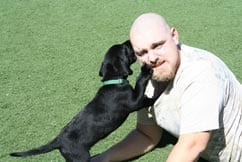
Warrior Canine Training Therapy is simple; those with PTSD, TBI and/or MST help PPH trainers with service dog training. Soothing, light-hearted contact with PPH puppies and dogs, together with caring and capable trainers, eases a Warrior’s symptom severity.
It helps suffering Warriors learn all over again how to trust. Warrior Canine Training Therapy gently guides Warriors to learn once again how to connect with others, both dogs and humans. Over time, Warriors who participate regain that sense of purpose that comes with accomplishing an important mission – training a lifelong service companion for other comrades in need. After all, the need to serve is built into a Warrior, just as it a dog.
The great part about Warrior Canine Training Therapy is that all it requires is a place to work with and care for dogs. At PPH, we are flexible on where we conduct Warrior Canine Training Therapy. We can conduct sessions at our facilities, at a Veterans Affairs (VA) facility, a Department of Defense or related site.
Warriors and Dogs Work Together in a Collaborative Relationship.
The concept behind Paws for Purple Hearts’ Warrior-Canine Training Therapeutic Intervention program is simple. We teach Warriors with PTSD, TBI or MST to train service dogs for Warriors who have mobility impairments or other disabilities that a service dog can help mitigate. The program brings together multiple people and dogs in cooperative relationships.
The action starts at the Paws for Purple Hearts Center where puppy litters are whelped. While it requires Paws for Purple Hearts staffers to be prepared; it also depends on an army of Warriors and other volunteers to socialize and watch over the newborn service dogs.
When they are about two weeks old, the new puppies are ready to meet the world. At this tender age, they go to a nearby VA facility or military installation each day. There, the young pups meet their assigned Warrior handlers, military site staff, and other Veterans and active duty personnel. Each and every person is important to the development of aspiring service dog pups; each stroke from a caring program participant provides crucial early puppy stimuli.
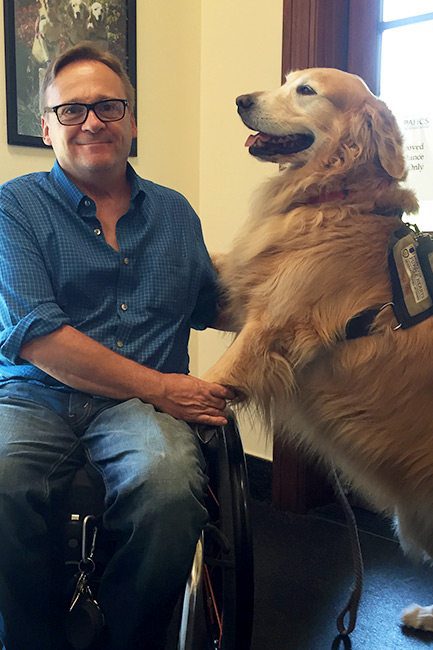
When the pups are about four weeks old, formal puppy training begins. Under the instruction of the Paws for Purple Hearts staff, Warriors are taught to care for and to train puppies. At about a month old, Warriors begin teaching the little pups the first 30 service dog commands.
As the puppies grow and learn and their handlers progress, individual puppies might spend overnights and weekends with their on-site handlers or live with nearby foster families. These foster families are called Puppy Parents. Every work day, Puppy Parents take a puppy home in the evening and drop the puppies off in the morning at their local PPH center. From there, the pups receive training and trips to the VA center or military installation for Paws for Purple Hearts classes.
Puppies who attend training class on the base or at the VA center don’t just get to loaf back at the PPH center. Warriors who are outpatient PPH participants attend training classes at the PPH center. These could be Veterans or active duty personnel who participated in Paws for Purple Hearts as inpatients and who have been released from the VA or military site hospitals, who are continuing their work with the dogs.
Training Service Dogs is a Valuable Therapeutic Activity
Learning to train dogs teaches Paws for Purple Hearts Warriors real-life skills to ease reintegration into civilian life, back into their families and communities.
Warrior trainers learn how using positive motivation changes behavior: Our service dogs are trained using a combination of synchronization, luring, targeting, modeling, and trial-and-error. Our methods encourage the dogs to think and problem-solve. They are enthusiastically rewarded for offering desired behaviors; they are not punished for mistakes. Puppies quickly become motivated to perform the desired behaviors and solve challenges posed by their trainers.
Warrior trainers experience first-hand the value of positive motivation; it reinforces this powerful tool for shaping and changing behavior, even in the world outside of a PPH Program.
Each Warrior trainer carefully records and tracks the process of the dogs he or she is training. Thus Warrior trainers learn to recognize the progress and growth of knowledge, even when it is incremental. This gives them insight into their own learning styles and improves their ability to learn.
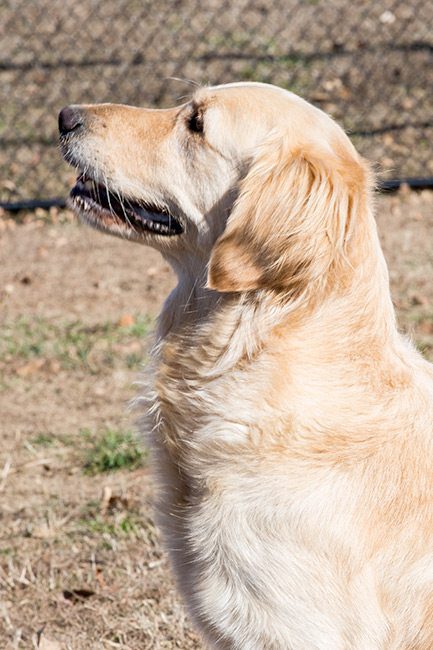
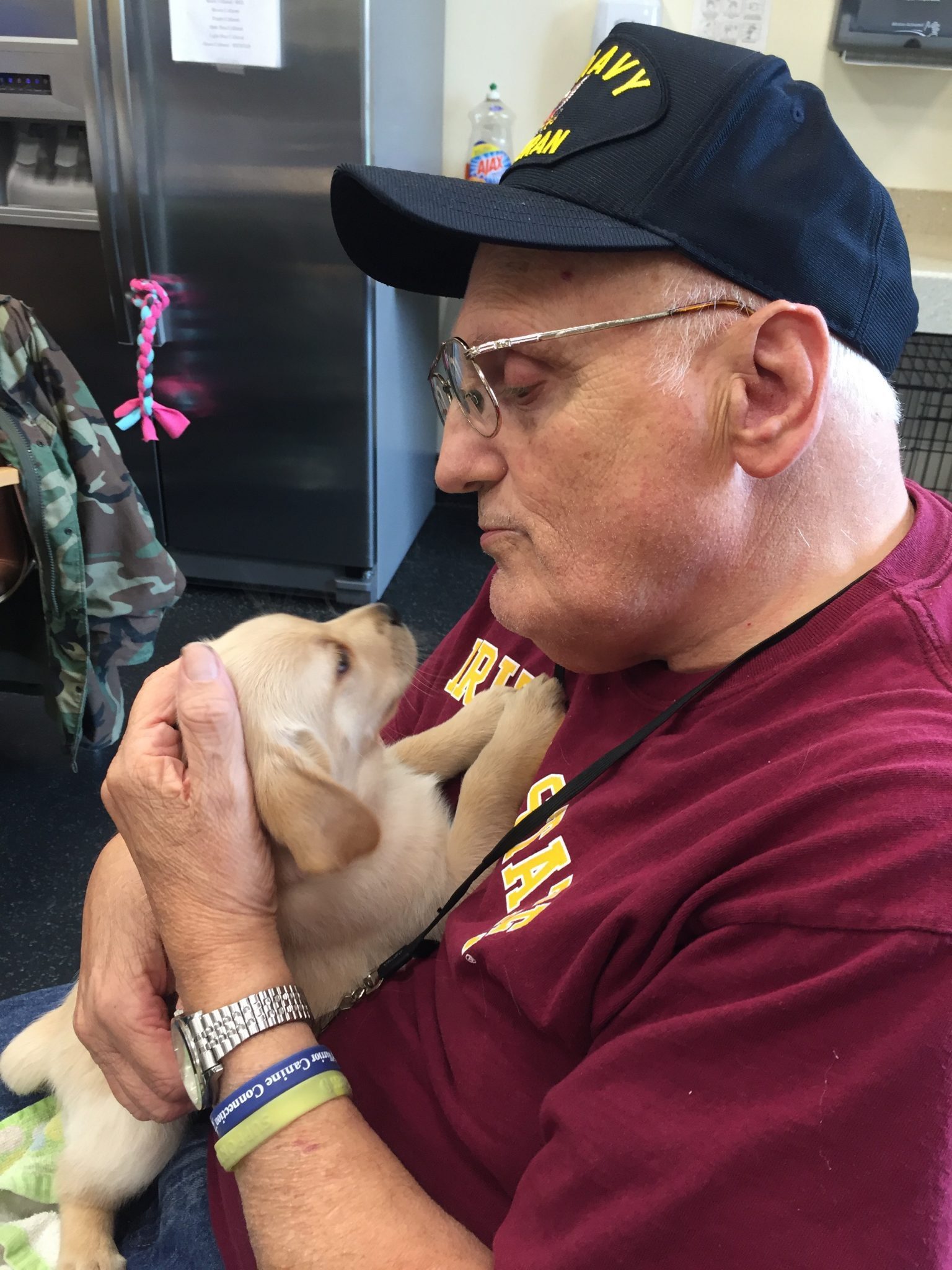
Each Warrior trainer carefully records and tracks the process of the dogs he or she is training. Thus Warrior trainers learn to recognize the progress and growth of knowledge, even when it is incremental. This gives them insight into their own learning styles and improves their ability to learn.
Warrior trainers work with dogs both individually and in group training sessions. This teaches them about group dynamics and behavior. Working with different people and dogs builds relationship skills by providing an awareness of the different personalities and how individuals of different temperaments work together. Working in groups and individually also teaches the trainers to avoid or deflect conflicts, resolve problems, and become leaders.
Lastly, working daily with a puppy or dog requires consistency and assertiveness — without anger or violence. PPH Warrior trainers practice patience, self-control, and regulation of their emotions, keeping their interactions with the puppies positive and leading without force.
It all adds up to a valuable therapy mechanism to combat the emotional wounds of war — for both active duty Service Members and Veterans alike.
Why Warrior Canine Training Therapy is So Effective
There are three wide types of PTSD symptoms Warrior may experience: Re-experiencing, avoidance/numbing and increased arousal. As the name implies, Re-experiencing symptoms are symptoms that involve reliving the traumatic event. Avoidance symptoms are efforts people make to avoid the traumatic event. People with PTSD may feel constantly alert after the traumatic event. Therapeutic interventions used in Warrior Canine Training Therapy are designed to remediate each type of symptom.
PTSD Symptoms Types
Let’s talk about re-experiencing symptoms.
The procedures used in training PPH service-dogs require the trainer to focus on the dog in the present. It demands that PPH Warrior Canine Trainers recognize those “teachable moments”- those moments where instruction is most effectively processed and retained.
To relay a sense of security and positive feedback when young dogs are faced with environmental challenges such as loud sirens or the approach of strangers, the PPH Warrior Canine Trainers must also overcome their own tendencies to startle. The presence of the dogs changes the context of the arousal event. In addition, they anchor the PPH Warrior Canine Trainers to the present, reminding them that they are no longer in a dangerous situation. If PPH Warrior Canine Trainers experience symptoms, the dogs can lower anxiety levels.
Avoidance and Numbing Symptoms
Avoidance and numbing symptoms are also addressed in Warrior Canine Training Therapy. An important part of the service dog training program is to bring the dog out into the community. Dogs are a natural social lubricant. It is simply not possible to isolate during this part of the training.
Training a service dog also requires using positive emotions and the modulation of one’s affect to shape desired behaviors in the dog. For example, effective training requires the use of positive emotions; it requires praise. It requires the PPH Warrior Canine Trainer to be in touch with one’s own emotions as they are projected to the dog. Further, they must be assertive and clear, avoiding extreme emotional swings. Training teaches the PPH Warrior Canine Trainers to project commands with the expectation that the desired behavior will occur.
Attending to the basic daily needs of the dog throughout the day provides a remedy to avoidance. Participation in structured activities coupled with the knowledge that PPH Warrior Canine Trainers actively participate in a program that benefits others heightens that remedy.
Warrior Canine Training Therapy also addresses Arousal symptoms. PPH service-dogs are bred to be responsive to human emotions and needs. They are also bred to have low arousal temperament themselves. Connecting with a dog during training requires the synchronization of one’s emotional affect, including tone of voice, bodily movements and a level of patience to shape the dog’s behavior. Like a mirror, the dog’s behavior will often reflect the Warrior Canine Trainer’s emotional state. It allows the Warrior Canine Trainer to see his or her own projected emotion.
Increased Arousal
Attending to the basic daily needs of the dog throughout the day provides a remedy to avoidance. Participation in structured activities coupled with the knowledge that PPH Warrior Canine Trainers actively participate in a program that benefits others heightens that remedy.
Warrior Canine Training Therapy also addresses Arousal symptoms. PPH service-dogs are bred to be responsive to human emotions and needs. They are also bred to have low arousal temperament themselves. Connecting with a dog during training requires the synchronization of one’s emotional affect, including tone of voice, bodily movements and a level of patience to shape the dog’s behavior. Like a mirror, the dog’s behavior will often reflect the Warrior Canine Trainer’s emotional state. It allows the Warrior Canine Trainer to see his or her own projected emotion.
We Need Your Support
Donations to Paws for Purple Hearts can change a Warrior’s life from hopelessness to optimism.
Your generous, tax-deductible donation helps thousands of Warriors facing the visible and invisible wounds of war. Our Canine Assisted Warrior Therapy helps them heal as they help others – all with the goal of raising top tier service dogs for Veterans and active duty Service Members with mobility and trauma challenges.



 Combined Federal Campaign (CFC) #43093
Combined Federal Campaign (CFC) #43093